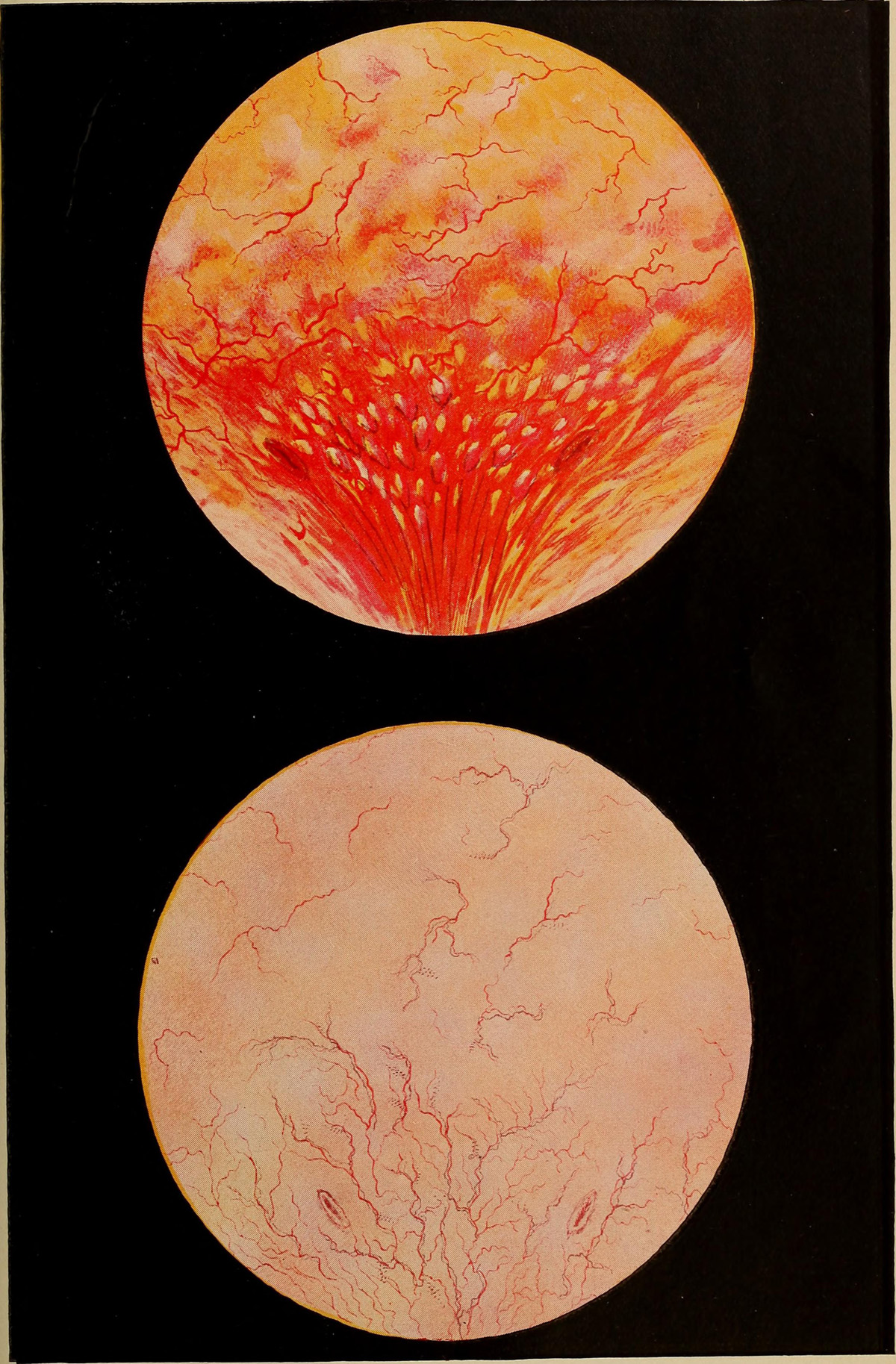
Cystitis: General Information
Cystitis is a bladder infection, usually from a bacterial cause. It is characterized by problems regarding urination, such as frequent urge to urinate and pain, discomfort or burning when urinating. Even though the majority of cases of cystitis are bacterial, there are also those caused by trauma or injury and other non-infectious factors.
Cystitis is a predominantly women’s disease. The main reason why women suffer from cystitis more frequently then men lies in the anatomy of their urinary tract, mainly because of the short urethra and its proximity to the anus.
It is estimated that almost every women has cystitis at least once in her life. For many women, cystitis is a frequent problem, occurring once a year or more often.
In men, cystitis is less common but generally more serious, because it may be associated with prostate enlargement, obstructions such as tumors and underlying infections.
Cystitis: Causes
Bacterial infections are the most common causes of cystitis. If bacteria reach the bladder, they irritate the lining of it and cause characteristic cystitis symptoms. Sometimes bacteria invade the bladder if it is not emptied completely, which may occur in pregnancy or due to a blockage somewhere in the urinary tract.
In women, because the proximity of the anus and the urethra, the bacteria can easily migrate after bowel movements and climb up the urethra towards the bladder. Using tampons and diaphragm and being sexually active count as risk factors for cystitis in women.
Other, less common causes of cystitis involve using a catheter, damage due to frequent or vigorous sexual activity, tight underwear, chemical irritants, underlying infections and diabetes.
Cystitis: Treatment
Men are advised to seek medical attention as soon as the symptoms of cystitis start, because cystitis in men can lead to complications or it can be a sign of a more serious underlying disease. Women should seek medical attention when they first have cystitis and later if the condition keeps coming back more than three times a year.
If the symptoms do not clear on their own within seven to ten days, it may be required to take antibiotics. Over-the-counter medication can be used to relieve the symptoms. Drinking plenty of water and cranberry juice is also very helpful. Some doctors also recommend urine alkalinizing agents. Until the infection clear completely, it is important to avoid sexual intercourse and vigorous physical activity, to rest and wear comfortable clothes made of natural materials.






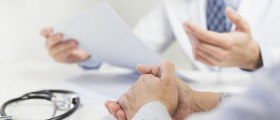

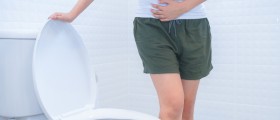






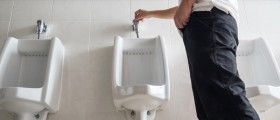
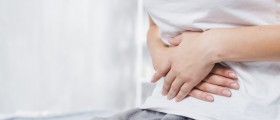
Your thoughts on this
Loading...